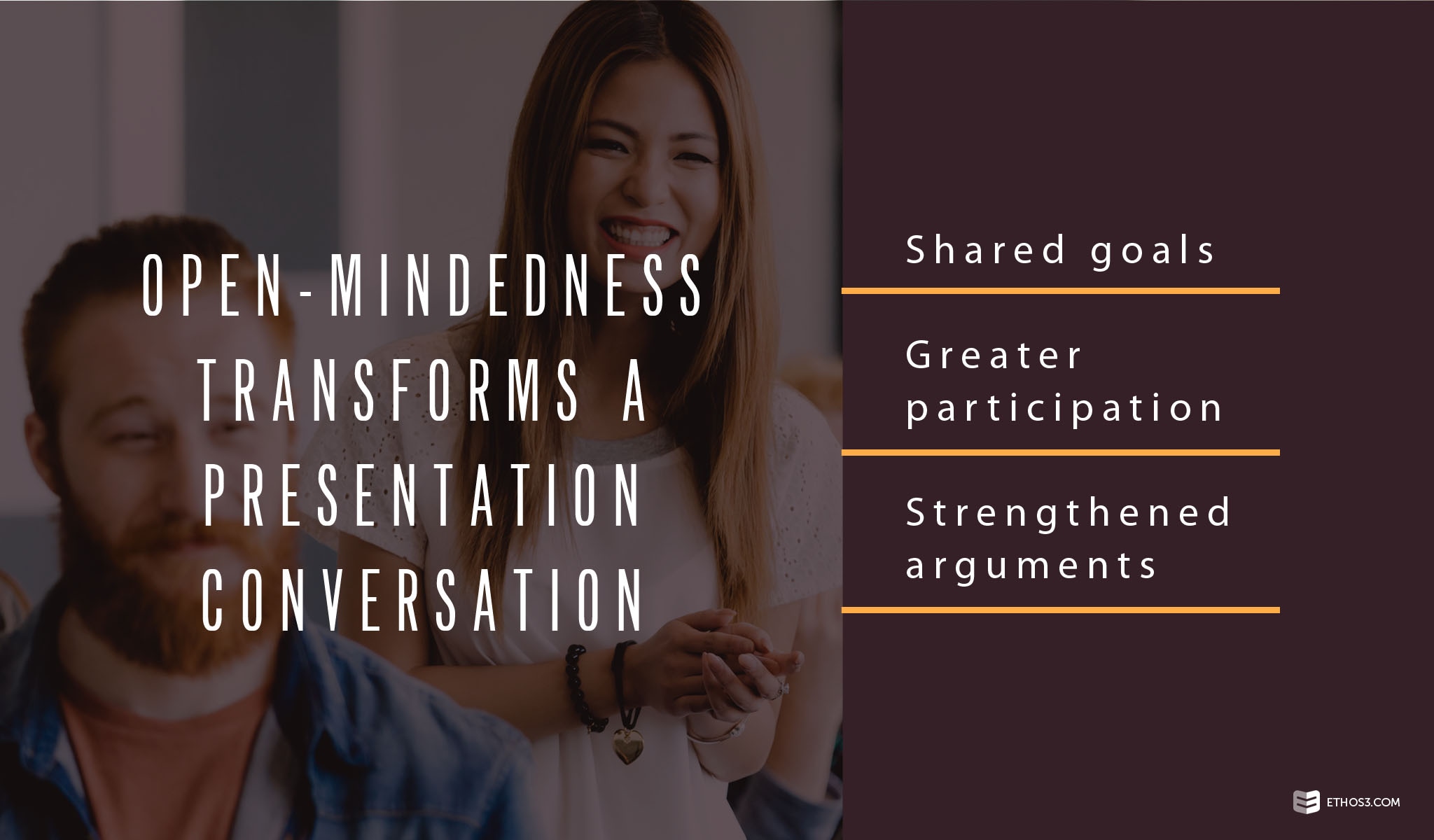Recently, Ann Coulter decided to cancel a scheduled speaking event at the University of California, Berkeley. On college campuses across the United States, many speakers are confronting hecklers or foregoing appearances altogether in response to student protests. In fact, several states like Tennessee, Arizona, Colorado, and others, have drafted or approved preventive measures for this situation. A model bill – which has been iterated upon – requires 3 core actions to be taken in the event of student push back to a speaker.
1. The university cannot take a political stance.
2. The university is not permitted to turn the speaker away.
3. The university must penalize individuals and groups who cause conflict.
Proponents of the measures state that the objective is to protect free speech within the campus environment. To bill supporters, the First Amendment was created to shield unpopular views from the stifling efforts of those who disagree with certain ideas. Presenters grapple with issues like adverse reactions to their concepts and perspectives and probing questions from audience members to gain more insight into their thought process. A lesson we all can learn from the string of cancelled speeches at America’s higher learning institutions is this: An open mind is the key to future unity. Here’s why.
Benefits of Open-Mindedness
When in the confines of a presentation exchange or public speaking experience, open-mindedness is capable of breathing new life into what would otherwise be a dull conversation.

A presenter who starts a discussion with an open-minded audience will find that a majority of the group is on the same page, more individuals participate, and the tolerance exhibited produces more structured arguments. For an audience member to have an open mind does not mean that he or she has to agree with the beliefs of the presenter. But respecting all ideas and reasons without stumbling into a loop of negativity will allow presentation attendees to fully grasp new information, discard what they don’t find valuable, and implement the parts that make sense to them.
How to Become More Open-Minded
Once we can realize that each and every one of us has something to learn from others, we can truly begin the path to open-mindedness. It’s limiting to believe you are right about everything. You come across as lacking self-awareness when you reject perspectives simply because they are not your own. To become more open-minded, you can start by trying out the following techniques.
1. Don’t be insecure.
View your lack of knowledge as an opportunity.
2. Don’t narrow your options at the start.
Lay out every angle, direction, or viewpoint on the table. Then, begin the narrowing process.
3. Don’t disagree.
Ask questions instead.
4. Don’t forget to show empathy.
Relate to the presenter or conversation counterpart in whatever way possible.
Humans are capable of listening to different perspectives without automatically absorbing them. The next time a presenter reveals his or her stance contrary to your own on an issue, remember the value of maintaining and open mind. The future of human cooperation depends on it.
More Resources:
The Amazing Benefits of Being Open-Minded
17 Tips for a Politically Open Mind
